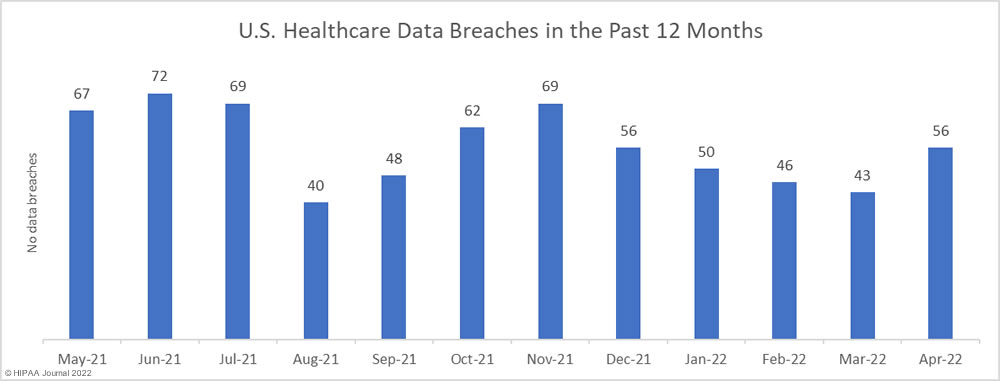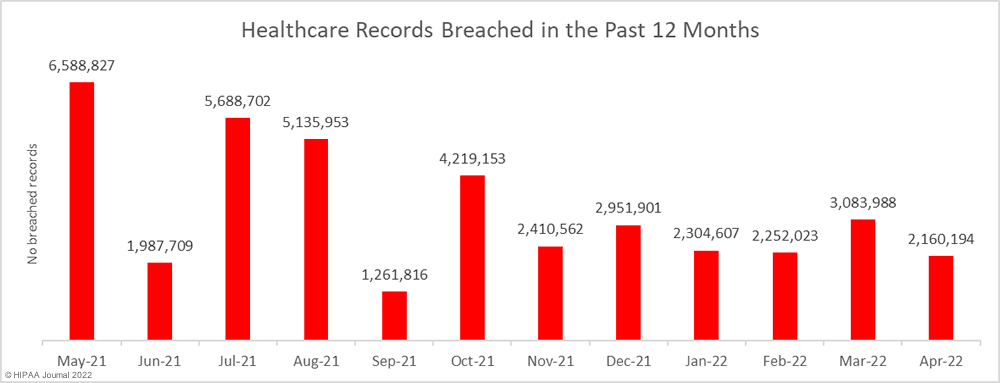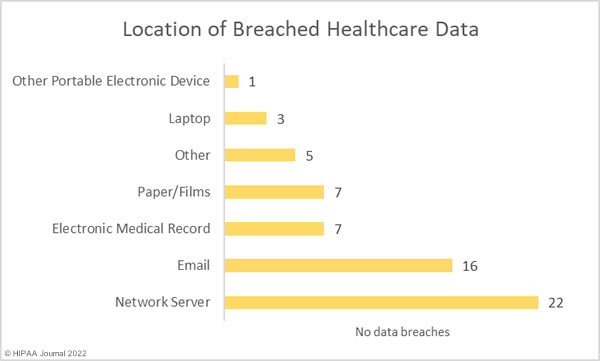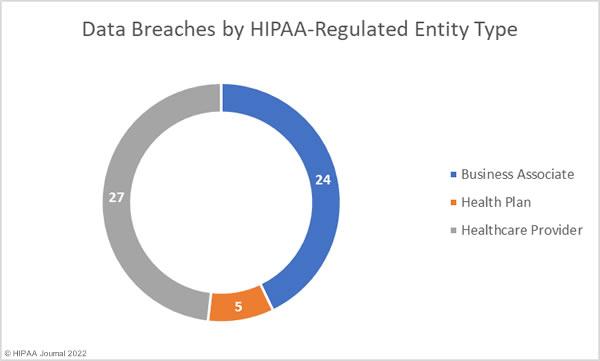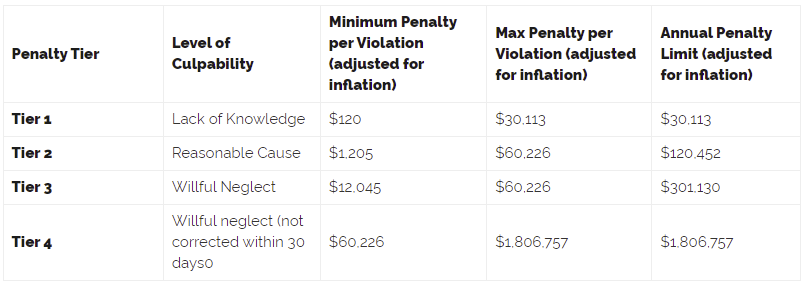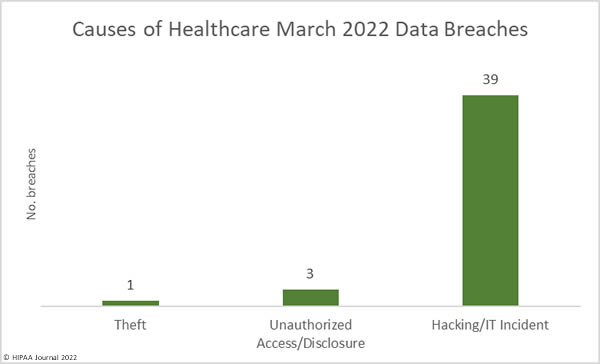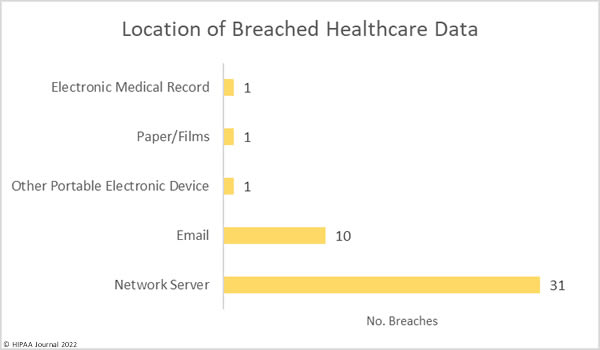Start preparing now and get your telehealth services HIPAA compliant as when the COVID-19 Public Health Emergency (PHE) ends, the telehealth HIPAA flexibilities stop. That is the advice of the Department of Health and Human Services’ Office for Civil Rights, which released new guidance this week on HIPAA and audio-only telehealth services.
The Period of Enforcement Discretion Will End
In March 2020, the HHS’ Office for Civil Rights issued a Telehealth Notification and said it would be exercising enforcement discretion and would not be imposing sanctions and penalties for HIPAA violations with respect to the good faith provision of telehealth services. The move was intended to make it easier for healthcare organizations to offer telehealth services to patients to help prevent the spread of COVID-19.
OCR permitted healthcare organizations to use remote communication tools for telehealth, which included apps and platforms that would not normally be considered ‘HIPAA-compliant,’ and did not require HIPAA-covered entities to enter into a business associate agreement with the providers of remote communication tools. The notice of enforcement discretion stated that it lasted for the duration of the PHE. When the Secretary of the HHS declares that the COVID-19 PHE no longer exists, or upon the expiration date of the declared PHE, whichever comes sooner, the period of enforcement discretion will end. That means that the continued use of remote communication technologies could potentially violate the HIPAA Rules and could lead to financial penalties and other remedies to resolve the HIPAA violations.
In the new guidance on HIPAA and audio-only telehealth, OCR explains when, and under what circumstances, audio-only telehealth is permitted under HIPAA. OCR confirmed that telehealth services are permitted under HIPAA, but HIPAA-regulated entities should apply reasonable safeguards to protect the privacy of protected health information (PHI), such as ensuring telehealth services are provided in private settings, as far as is possible, and using lowered voices to reduce the potential for incidental disclosures of PHI. It is also necessary to verify the identity of the patient, orally or in writing.
The HIPAA Security Rule May Apply to Telehealth
The HIPAA Security Rule may apply to telehealth. When audio-only telehealth services are provided over standard telephone lines – landlines – the HIPAA Security Rule does not apply, as the information transmitted is not electronic. However, if electronic communication technologies are used, the HIPAA Security Rule does apply, which includes “Voice over Internet Protocol (VoIP) and mobile technologies that use electronic media, such as the Internet, intra-, and extranets, cellular, and Wi-Fi.”
When these technologies are used, the HIPAA Security Rule requires safeguards to be implemented to ensure the confidentiality, integrity, and availability of electronic PHI (ePHI), and risks and vulnerabilities must be identified, assessed, and addressed as part of a covered entity’s risk analysis and risk management processes. OCR suggests that due to the speed at which communication technologies evolve, a robust inventory and asset management process is recommended to identify such technologies and the information systems that use them, as this will help to ensure an accurate and thorough risk analysis.
Business Associate Agreements May be Required
Any vendor that is provided with access to ePHI, or comes into contact with ePHI, is required to enter into a business associate agreement (BAA) with a HIPAA-covered entity. BAAs may be required with vendors providing platforms to support telehealth. A BAA is only required when a telecommunication service provider (TSP) is acting as a business associate. The HIPAA conduit exception applies if the TSP has only transient access to the PHI it transmits. “If the TSP is not also creating, receiving, or maintaining PHI on behalf of the covered entity, and the TSP does not require access on a routine basis to the PHI it transmits in the call, no business associate relationship has been created. Therefore, a BAA is not needed,” explained OCR in the guidance.
A BAA is required when a TSP is more than a conduit and is not just providing data transmission services, and is either creating, receiving, or maintaining ePHI. In such cases, a BAA is required before the service is used. That applies to remote communication technologies, mobile apps, and Internet and cloud services.
“Audio telehealth is an important tool to reach patients in rural communities, individuals with disabilities, and others seeking the convenience of remote options. This guidance [Guidance on How the HIPAA Rules Permit Covered Health Care Providers and Health Plans to Use Remote Communication Technologies for Audio-Only Telehealth] explains how the HIPAA Rules permit health care providers and plans to offer audio telehealth while protecting the privacy and security of individuals’ health information,” said OCR Director Lisa J. Pino.
The post OCR Issues Guidance on Audio-Only Telehealth for When the COVID Public Health Emergency Ends appeared first on HIPAA Journal.
